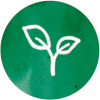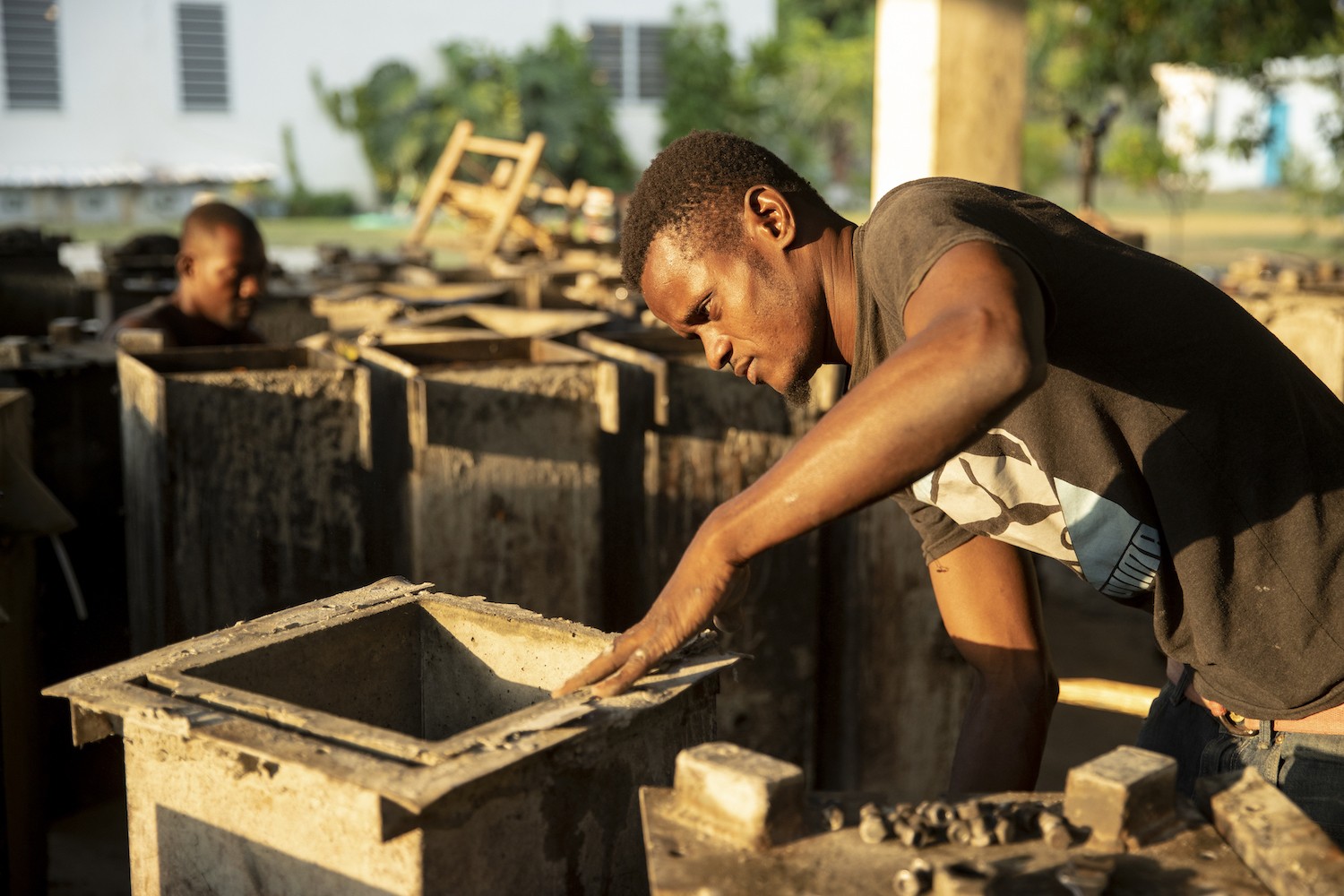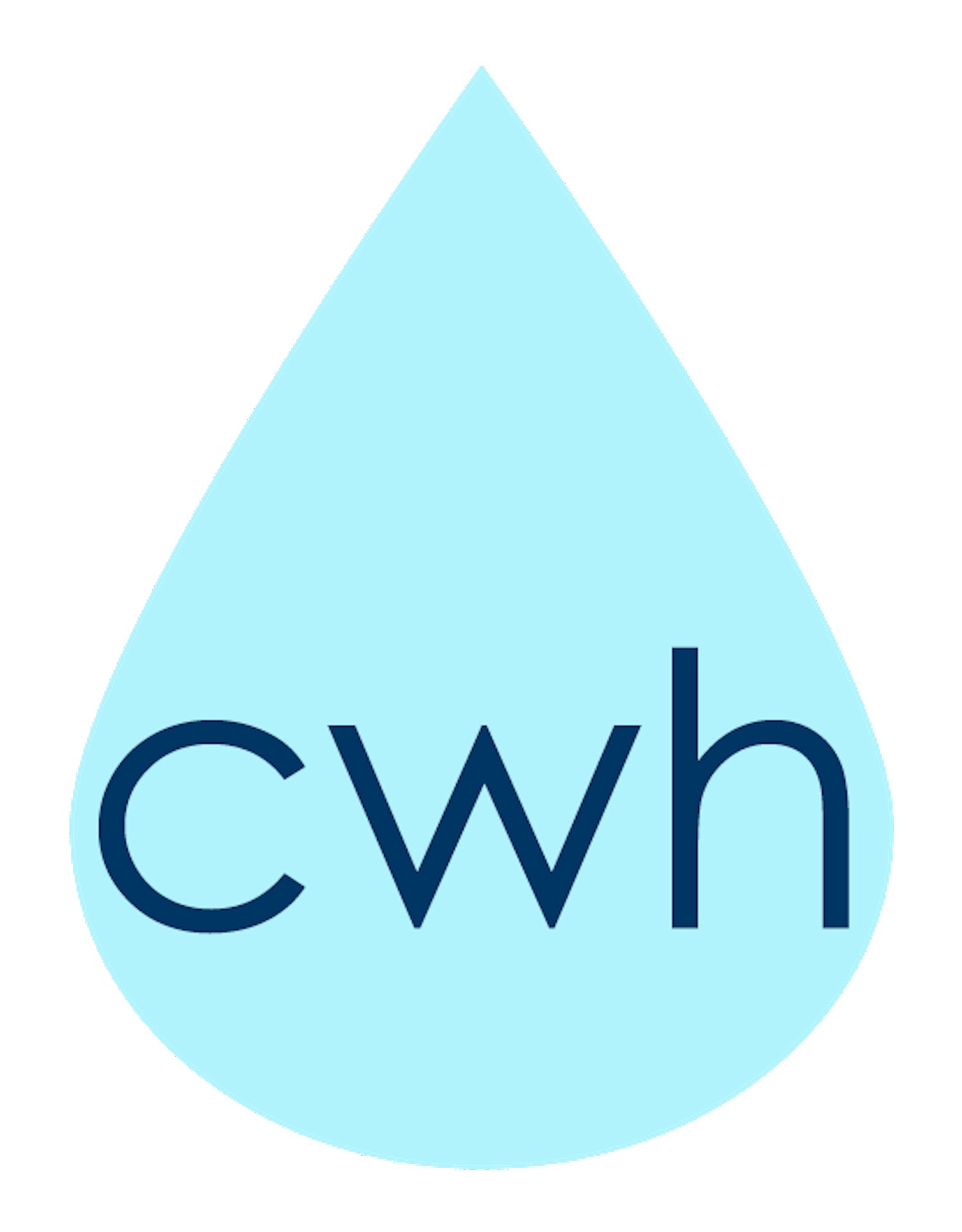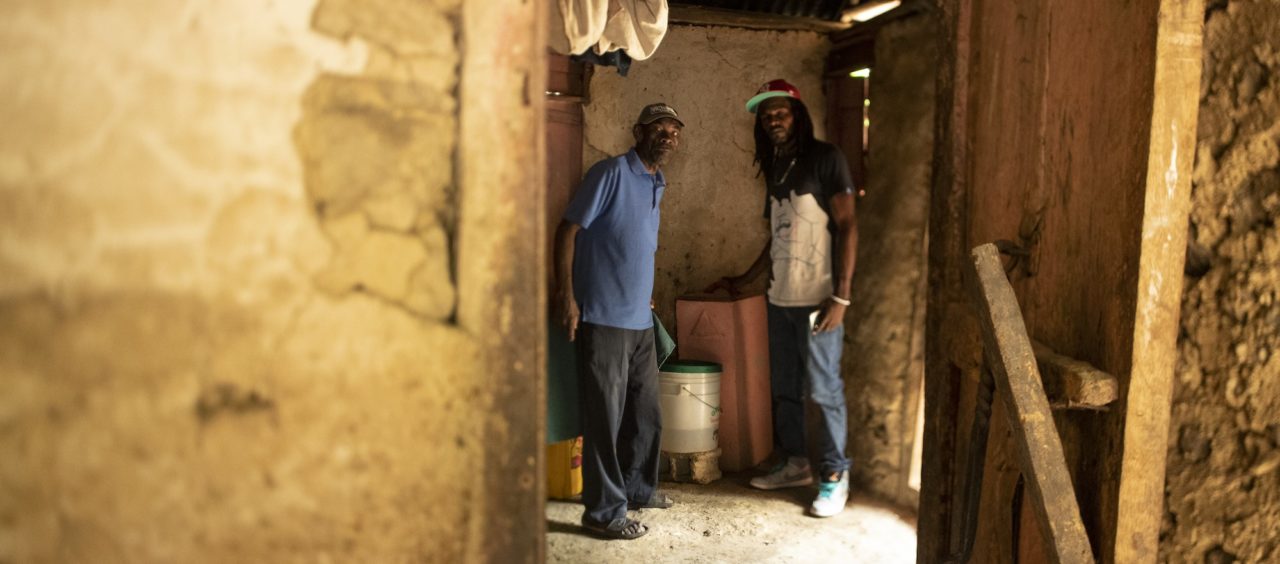 Safe drinking water in Haiti
Safe drinking water in Haiti
Haiti safe water crisis
Biosand household filters provide families with control over the water they drink. With a filter, a family in Haiti's rural, rice growing region is no longer forced to drink the brown water from the canal. From the filter, it is clear and free from microbes. People from one village told us, one year after receiving filters, "We stopped having funerals for children." That's the kind of result we're looking for!
Necessity
Safe drinking water for the people of rural Haiti
Activity
Providing families with the technology they need to treat their own water at home
Countable effort
Each good deed will provide water for an individual for at least 3 1/2 months.
Result
The result of access to safe water is improved health, decreased incidence of disease and death, and fewer days of school missed by children.
Systemic effect
Improved health, lower child mortality and societal well-being
Background
The low level of development in rural Haiti means that presently, open defecation is still the most common sanitary arrangement. Normally, access to drinking water is from an open source such as an irrigation canal. The combination of these two factors has resulted in a very high level of drinking water contamination by fecal pathogens. Waterborne disease kills more people in Haiti than any other type of disease and children are the most vulnerable to the type of diarrheal disease which is transmitted in contaminated water. While waterborne disease has long been a part of daily life in rural Haiti, the situation was brought to the world's attention during Haiti's cholera outbreak of 2010. According to the Center for Disease Control (CDC) Haiti experienced some 820,000 cases of cholera and nearly 10,000 dead. After the first case of cholera occurred in Haiti's Artibonite valley, it became impossible to contain the disease because of the extreme lack of access to potable water.
The good deed
While implementing this GOOD DEED, Clean Water for Haiti (CWH) will continue to provide biosand household water treatment systems in homes in Haiti. The safe water provided prevents the endemic diseases which are prevalent in the parts of rural Haiti where we work. The ultimate goal of this project is not merely to provide safe drinking water, but to improve health. Impact Matters made an analysis of CWH activities and determined that each $105 saves one Disability Adjusted Life Year (DALY) [Alexander Wolfsohn, Daniel Finnegan, Sahas Ranjan, Stephanie Gorski, 2021]. That is to say, $105 invested in CWH activities prevents the loss, on average, of one year of life of one of our beneficiaries. Investigations have been made on biosand filters in the field showing remarkable effectiveness. (Tufts University, 2014) Regarding cholera specifically, CWH biosand filter technology is quite successful [Ashley A. Thomson & Claudia K. Gunsch 2015].

About Haiti
Port au Prince
capital of Haiti
The GOOD DEED takes place in the Artibonite and Ouest departments of Haiti.
5 million people live in this area.
Per capita GDP
Haiti
1,673.92 CA$ (2020)
HDI Haiti
0.510
placed 170th
out of 189 countries
(2019)
Haiti, the world's first free black nation, was founded in a rebellion against slavery by the enslaved population. This proud history remains with the Haitian people in the face of daily struggles.
About the organization and further information

CWH Foundation
Website
http://www.cleanwaterforhaiti.org
Further information and source
- • Center for Disease Control (CDC) website
- • Alexander Wolfsohn, Daniel Finnegan, Sahas Ranjan, Stephanie Gorski, 2021. Clean Water for Haiti Impact Audit Report
- • Rayner J and Lantagne D. 2014. Investigations on household filtration in Haiti: Final Report. Tufts University for the Centers for Disease Control and Prevention.
- • Ashley A. Thomson & Claudia K. Gunsch 2015. Evaluation of a field appropriate membrane filtration method for the detection of Vibrio cholerae for the measurement of biosand filter performance in the Artibonite Valley, Haiti




